Marcin Budka, Bournemouth University and Manuel Martin Salvador, Bournemouth University, write for The Conversation
The future of transport appears full of fun and flashy possibilities. From super-fast hyperloop transport systems, to self-driving cars and hovering taxis, new technology promises to move us further and faster than ever before. Yet for cities facing everyday problems such as congestion, air pollution and under capacity, the most effective solution could be the humble bus – coupled with the power of data. ![]()
Of course, in many cities, technology has already begun replacing printed timetables with live departure boards, using real-time data about buses’ locations sourced from GPS monitoring. But this is just the beginning. There’s one source of data which could offer a live overview of a city’s entire transport network without a single penny of investment. And you’ve probably got it on you right now.
Modern mobile phones contain an array of sensors, including GPS, accelerometer, gyroscope, digital compass and more, which are capable of producing a constant stream of data. Individual units of movement, tracked by a phone’s GPS and processed on mass, can give detailed information on journey times, speed and destinations.
Fair trade
Of course, using this data without compromising users’ privacy is a challenge. When dealing with location information, anonymisation can only take you so far. But there is a neat solution. In exchange for their data, passengers could receive a wealth of benefits, including more flexible routes and timetables, predictive of need at any given hour. The level of service could be directly linked to the amount of data a passenger chooses to share.
By combining these data with efficient ticketing across a range of transport modes, including bus, tram, train, taxi and others, it would be possible to create a flexible and responsive system, which can tailor transport solutions to every person’s needs.
Individuals would be able to dial in their destination as they leave home, to be guided by the fastest, cheapest, healthiest or most environmentally friendly route to their destination on a given day, by whatever means, at a standard unit of price per distance. The routes would be responsive to changing weather and road closures, with flexible timetables and services, to cater for a wet Tuesday when everyone wants to take the bus rather than walk or cycle. Overcrowding could be reduced by balancing the load of commuters across different modes of transport.

Emily Lindsay Brown, Author provided
The best thing is, the system would constantly be learning and improving. It is relatively straightforward to automatically schedule extra services in real time if, say, there’s an unusually large number of people waiting at a particular stop. But, with sophisticated machine learning, which processes large amounts of historical data to detect patterns, slumps and hikes in demand could be preempted. Allowing a transport network to self-learn using data from its consumers can help it to evolve a better service, while maintaining the modest margins of the provider.
The transport system can also be used as a tool to promote social good. For one thing, price can be used as a powerful influence for positive behavioural change: discounts could be offered for getting off a stop earlier and walking the remaining distance. The bus or tram itself can also be enhanced by making it a place for culture, education and information. Advertising could be complemented or even replaced by community television, public art and educational information, which offer a more positive experience for the captive audience.
Here today?
All of this potential can be unlocked today: not in the future, but in the here and now. The main challenges are overcoming tradition, using a single ticket across various transport modes and apportioning revenue between a complex tapestry of transport providers within the domain of a single transport authority.
Alongside Bournemouth University, a small digital technology company, We Are Base, is attempting to do exactly that. Together, we are finding ways to leverage data to make public transport a better option than private vehicles in terms of punctuality, flexibility and comfort. We are also collecting and analysing real-time data to demonstrate how a transport network could use machine learning to optimise its customer transport efficiency.
The technology is the relatively easy part; negotiating local politics often proves more difficult. For instance, finding a fair way of distributing ticket revenues among operators involved in a journey which uses more than one mode of transport, potentially across a number of zones and boroughs. Gaining consumer trust is also essential. For such systems to work, the consumer must choose to follow journey suggestions, even though they might not seem to be optimal at the time. This is particularly difficult; after all, how many of us can say that we trust our local bus companies when some still struggle to run the services to a static timetable?
The opportunity for a transport revolution is here – but for it to work it must be aspired to. This starts with consumers and local authorities understanding and seeing the benefits of a self-learning, adaptable and truly flexible local transport system. And given that it’s within reach, they shouldn’t put up with anything less. So, next time someone proposes a flashy new solution to transport woes, just remember that true innovation lies in the hands of the commuters themselves – locked inside their mobile phones.
Marcin Budka, Principal Academic in Data Science, Bournemouth University and Manuel Martin Salvador, PhD Candidate, Bournemouth University
This article was originally published on The Conversation. Read the original article.
 The
The 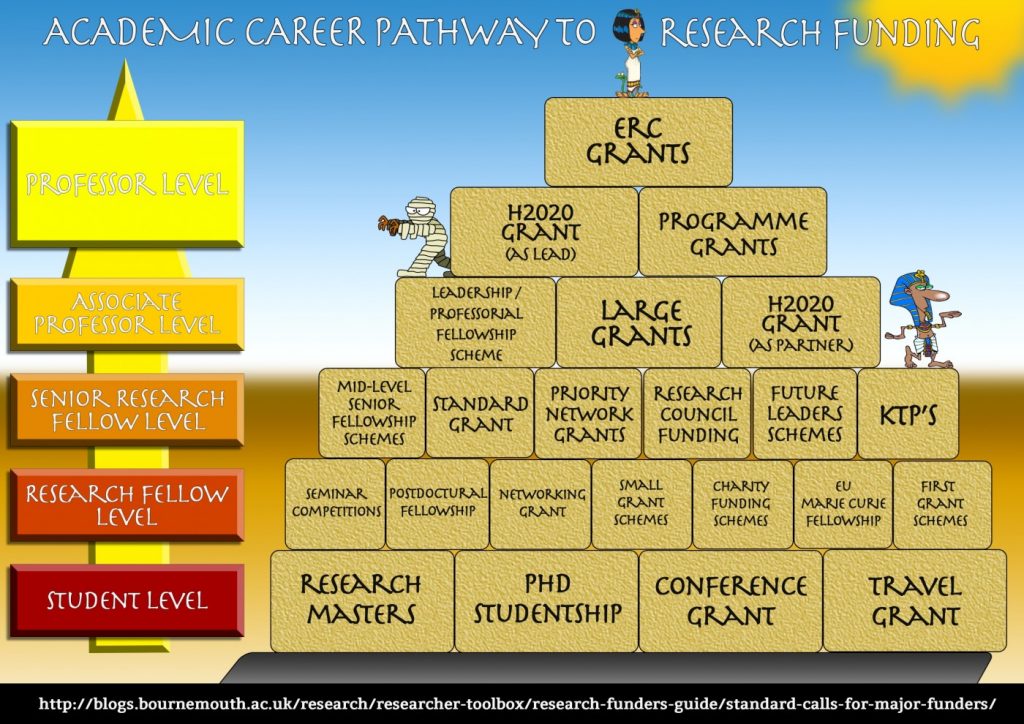

 Live online event on the 8th June 2017
Live online event on the 8th June 2017
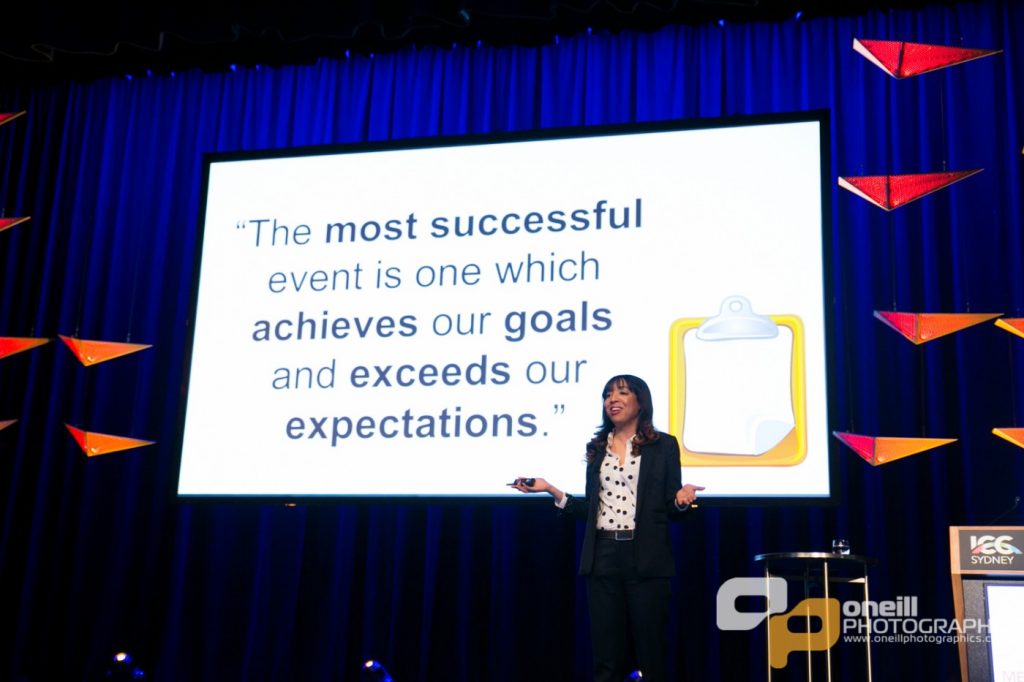
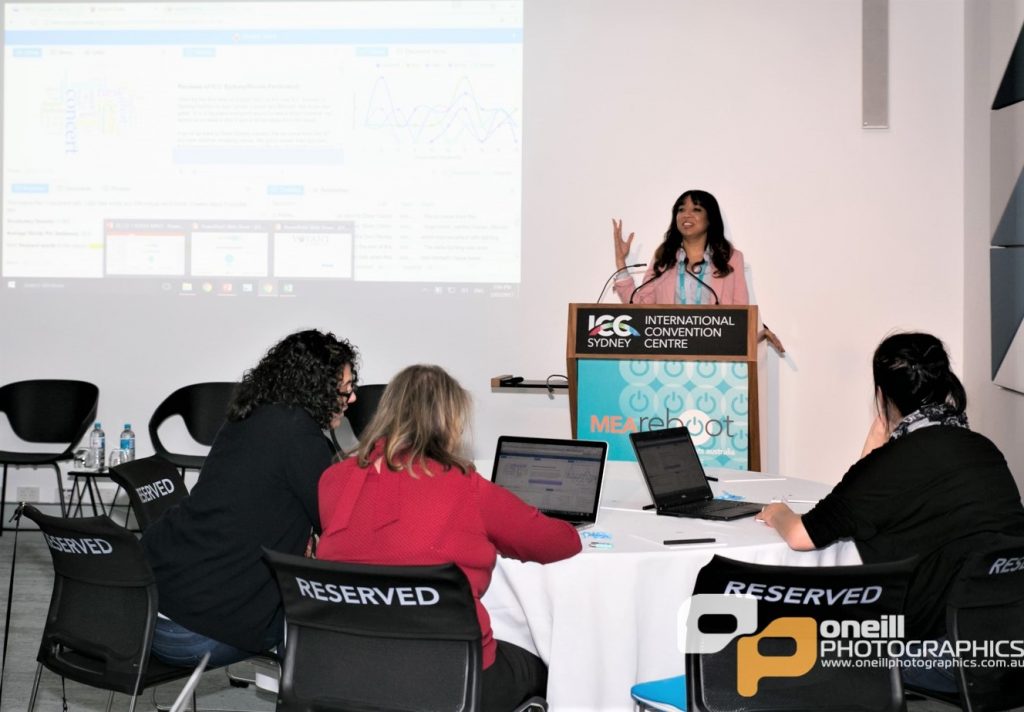

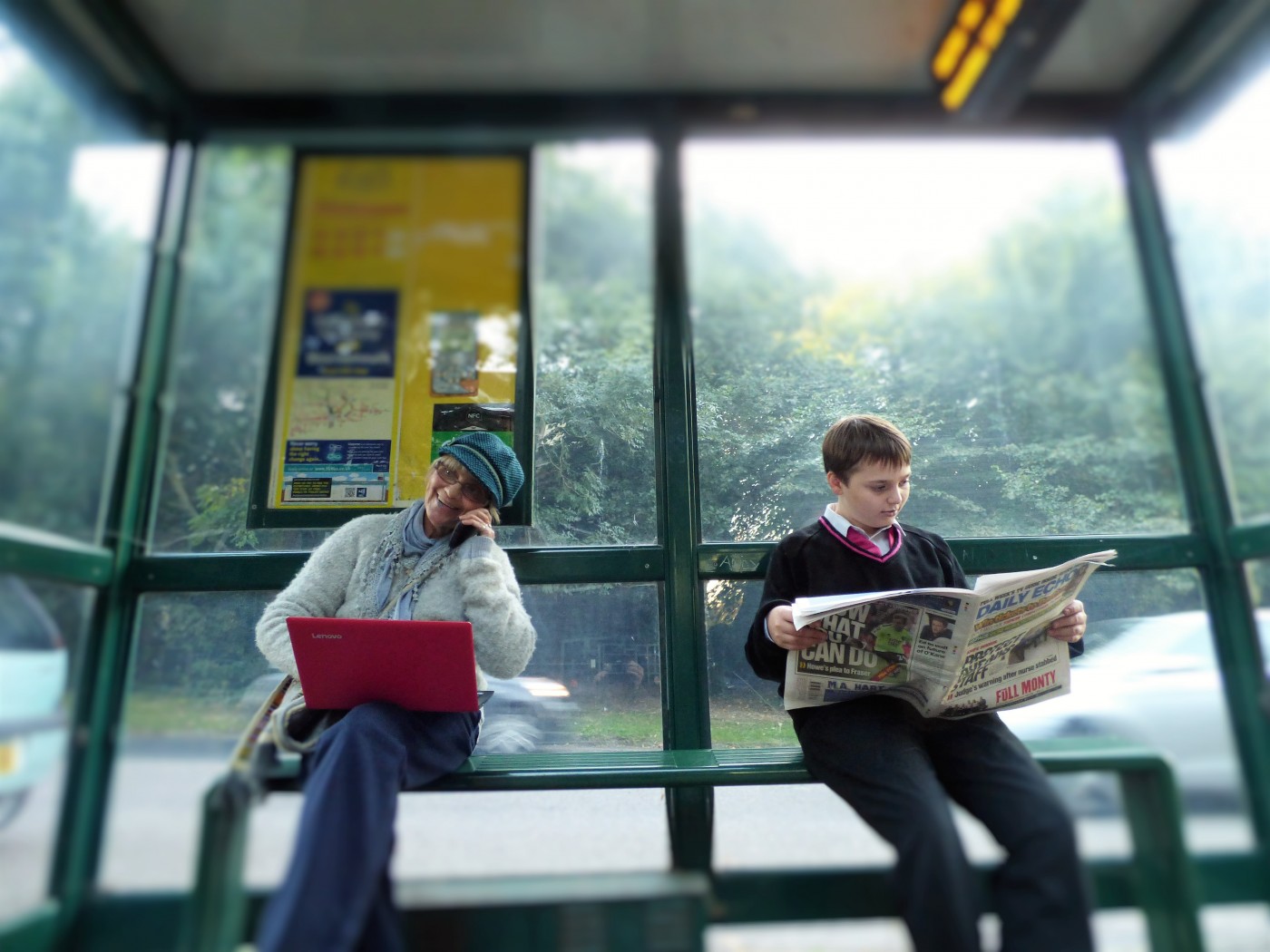


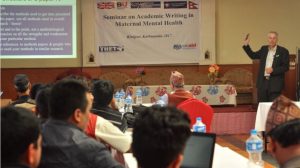
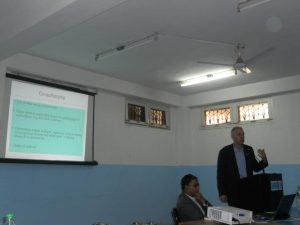
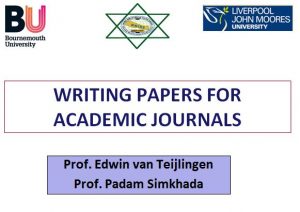

 A Sandpit focused on “AI & Robotics” will take place immediately following the
A Sandpit focused on “AI & Robotics” will take place immediately following the 














 BU Professor has been invited to a series of plenary and invited lectures.
BU Professor has been invited to a series of plenary and invited lectures. Research reaching non-academic audiences
Research reaching non-academic audiences April’s Café Scientifique – Should we help machines understand and respond to our emotions?
April’s Café Scientifique – Should we help machines understand and respond to our emotions? Postgraduate Research Experience Survey (PRES) 2024 – 2 WEEKS LEFT
Postgraduate Research Experience Survey (PRES) 2024 – 2 WEEKS LEFT Working with The Conversation: online training session – Wednesday 8th May
Working with The Conversation: online training session – Wednesday 8th May Apply for up to £1,000 to deliver an event and take part in a national festival of public engagement with research
Apply for up to £1,000 to deliver an event and take part in a national festival of public engagement with research MSCA Postdoctoral Fellowships 2024
MSCA Postdoctoral Fellowships 2024 Horizon Europe News – December 2023
Horizon Europe News – December 2023